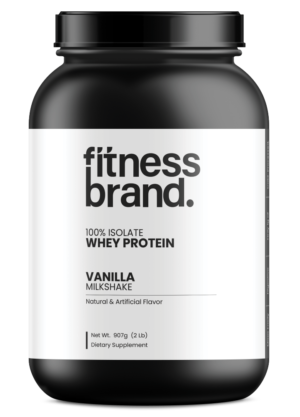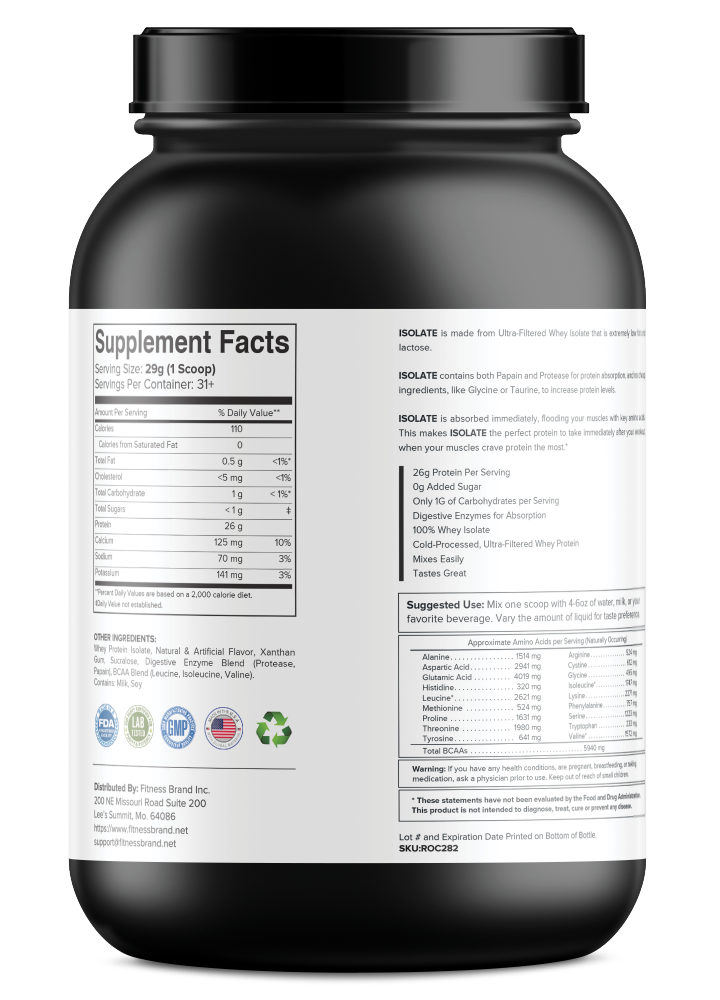


Proper supplementation and progress tracking can significantly enhance your muscle-building efforts. The right supplements support recovery and muscle repair, while tracking tools help you monitor progress and adjust your approach as needed.
Supplements can play an essential role in muscle growth by ensuring your body has the nutrients it needs to repair and build muscle fibers effectively. Here are some of the top supplements for muscle gain:
When choosing a protein powder or other supplements, look for reputable brands and consult with a nutrition expert if possible. Selecting supplements that align with your training style and dietary preferences can further enhance their effectiveness.
Monitoring your workouts and tracking progress are invaluable for long-term success. By logging your sets, reps, weights, and even notes on performance, you can identify areas for improvement and ensure consistent progression.
Some recommended apps for tracking muscle gain and gym workouts include:
Tracking tools keep you accountable and give you insights into your progress, helping you make data-driven decisions about when to increase weights, adjust rep schemes, or try new exercises. By staying consistent with tracking, you can ensure that each session contributes to your muscle-building goals.
Category: Build Muscle
